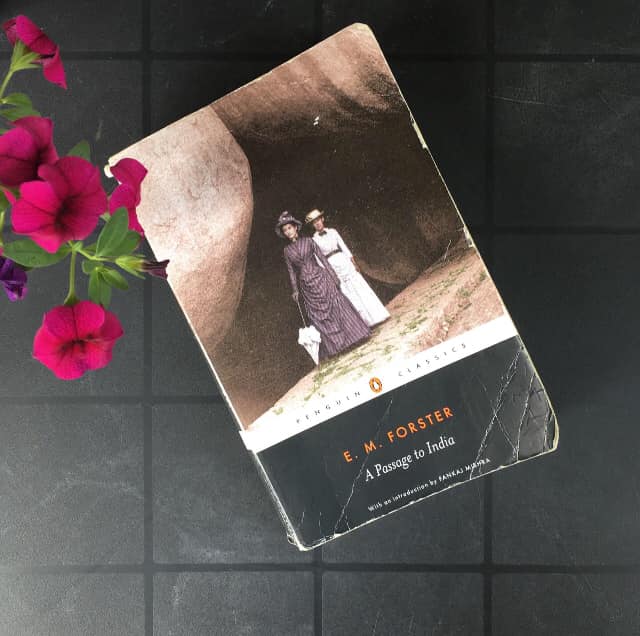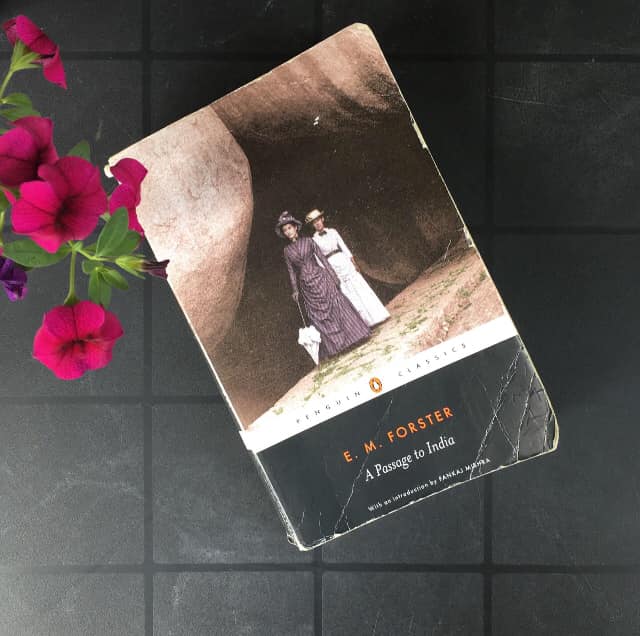June book review: “A Passage to India” by E. M. Forster
7/10, interesting read but not particularly recommendable
A book (my first novel of this read-a-thon) that I’ve been meaning to read for a very long time. I wouldn’t quite call it a masterpiece, but E. M. Forster’s novel is worth the read.
In brief, the story looks at the lives of a few select British and Indian residents in the fictional Indian city of Chandrapore during the colonial period. A fascinating reflection of Forster’s own time in India, he explores a variety of aspects affecting the Britons (such as marriage, employment and rationalism) who had moved out there and the Indians (such as religion, history and poetry) who were dealing with the foreign presence. We are made aware that their priorities bleed into each other’s and that there is more than meets the eye to all of these characters.
On that note, all of Forster’s main characters are realistic and easy to identify with. We are made to respectively sympathise with, despise and rejoice for all of them when the fitting occasion arises. We feel outrage when characters are unjustly persecuted, sorrow at relationships breaking down and joy when someone’s fortunes are looking up.
Unfortunately, background characters – and there are an excess of them – occasionally appear to get confused, lack real personalities or seem to simply be forgotten until a convenient moment comes up to mention their names again. This would seem to be where Forster tries to combine his real experiences with his novel, overwhelming the reader with extras just so he can write a semi-biography.
I also felt it was let down by its over-descriptive nature, though quite normal by contemporary standards, which appeared to stunt dialogue and character development at times. There were descriptions that helped transport you to his world, but there were other moments where it felt like the chapter could’ve been half the length, and it wouldn’t have had any negative impact at all.
In spite of this, the work must absolutely be praised for its inclusion of so many topics. Forster brings to life the celebration of Hindu festivals, the mystery of Persian poetry and the beauty of intercultural communication. He unwraps a whole world of philosophy and theology by dissecting Christianity, Islam, Hinduism and Atheism, seemingly yearning for a sort of spirituality and belief (of which he didn’t have). He painstakingly reveals elements of colonial Indian society (as well as exclusive British high society in India) that people nowadays, let alone a century ago when the book was written, would never imagine could have existed. However, he did accept in later editions that India had developed greatly since his time of writing (partly due to its independence).
Lastly, he shows real characters with real relationships – Forster doesn’t pretend that relationships are easy. He shows that there can be break down in communication, that there can be anger and confusion with the other, that games can be played. But he also shows what the beauty of understanding, joy and love can add to a friendship and how they can take the harsh bite of pain away.
This is why, despite its drawbacks (which, as I say, are largely due to a dated literary style in my opinion), it is most certainly a book to pick up and enjoy.


